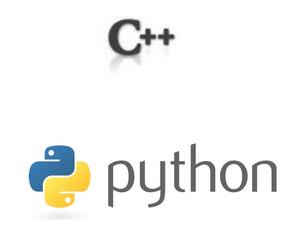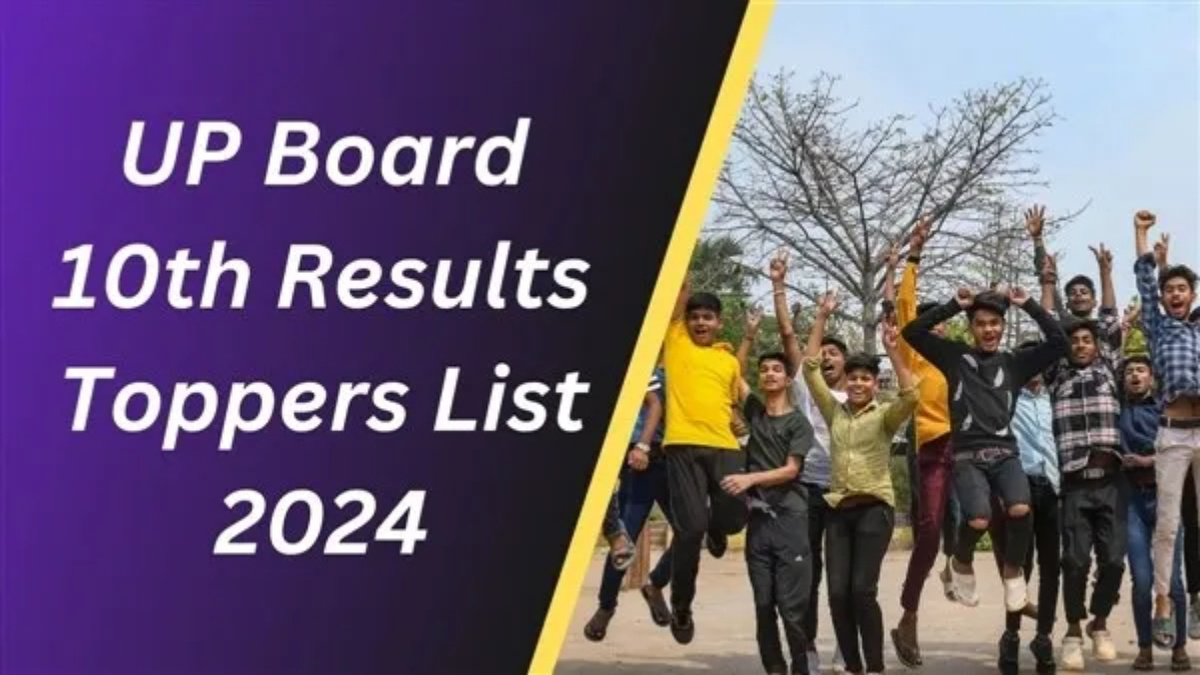
The sources revealed that the C++ session is replaced with PYTHON. They feel, that teaching PYHTON for today's technical students will help them in the future, because new technology is used all over the world. As the technology grows, there is a need to adopt them and help students to learn about them as well.
Learning Objectives:
- To understand basics of Computer
- To develop problem solving skills and their implementation through Python (Version: 2.7) To understand and implement the concept of working with relational Database To understand the basics of Computing Logic
- To understand the basic concepts of Communication and Networking technologies To understand Open source Software
Competencies:
- The student will develop the following proficiency: Identify Computer components/ Subsystems/ Peripherals Problem Solving using Object Oriented Programming Database Handling
- Appreciate the logic used in digital circuits
- Identify communication device/ medium and their application
- The Python syllabus for Class 11 is as following.
1. Introduction to Python: 20 Marks (44 Theory+32 Practical Periods)
- Getting Started: Introduction to Python- an interpreted high level language, interactive mode and script mode
- Variables, Expressions and Statements: Values, Variables and Keywords, Operators and Operands in Python; (Arithmetic, relational and logical operators), operator precedence, Expressions and statements (Assignment statement); Taking input (using raw_input() and input ()) and displaying output (print statement); Putting comments.
- Functions: Importing Modules (entire module or selected objects), invoking built in functions, functions from math module (for example, ceil, floor, fabs, exp, log, log10, pow, sqrt, cos, tan, degrees, radians), using random() and randint() functions of random module to generate random numbers, composition.
- Defining functions, invoke functions, passing parameters (default parameter values, keyword arguments), scope of variables, void functions and functions returning values, flow of execution.
- Conditional constructs and looping: if else statement and while, for (range function), break, continue, else, pass
2. Programming with Python: 20 marks (50 Theory+44 Practical Periods)
- Strings: Creating, initialising and accessing the elements; string operators: +, *, in, not in, range slice [n:m]; comparing strings using relational operators
- String functions and methods: len, capitalize, find, isalnum, isalpha, isdigit, lower, islower, isupper, upper, lstrip, rstrip.
3. Practicals:
- Programming in Python: One programming problem in python to be developed and tested on Computer during the examination. Marks are allotted on the basis of the following:
- Logic: 6 Marks
- Documentation: 2 Marks
- Output Presentation: 4 Marks
4. Project Work: Problems related to string and List manipulation General Guidelines: Initial requirement, developing requirement, developing an interface for a user (it is advised to use text-based interface screen), developing logic for playing the game and developing logic for scoring points.
- Hollywood/Hangman: A word guessing game
- Cows N Bulls: A word/ number guessing game
- A game to check whether a word does not use any of the forbidden letters. OR
Similar projects may be undertaken in other domains (as mentioned in general guidelines for project, given at the end of the curriculum in a group of 2-4 students)
5. The Practical File:
Record of the configuration of computer system used by the student in the computer lab (by exploring inside computer system in the first 2 lab classes) Must have minimum 15 programs from the topics covered in class 11 course. 5 Programs on Control structures
- 5 Programs on string manipulations
- 5 Programs in list manipulations
6. Viva Voce: Viva will be asked from the syllabus covered in class 11 and the project developed by the students.
About PYTHON?
Python is a programming language that lets you work more quickly and integrate your systems more effectively. You can learn to use Python and see almost immediate gains in productivity and lower maintenance costs. Python runs on Windows, Linux/Unix, Mac OS X, and has been ported to the Java and .NET virtual machines. Python is free to use, even for commercial products, because of its OSI-approved open source license. Python is available for all significant operating systems: Windows, Linux/Unix, OS/2, Mac, Amiga, among others. There are even versions that run on .NET and the Java virtual machine. You will be pleased to know that the same source code will run unchanged across all implementations.
Python also comes with complete documentation, both integrated into the language and as separate web pages. Online tutorials target both the seasoned programmer and the newcomer. All are designed to make you productive quickly. The availability of first-rate books completes the learning package.



 Click it and Unblock the Notifications
Click it and Unblock the Notifications



























